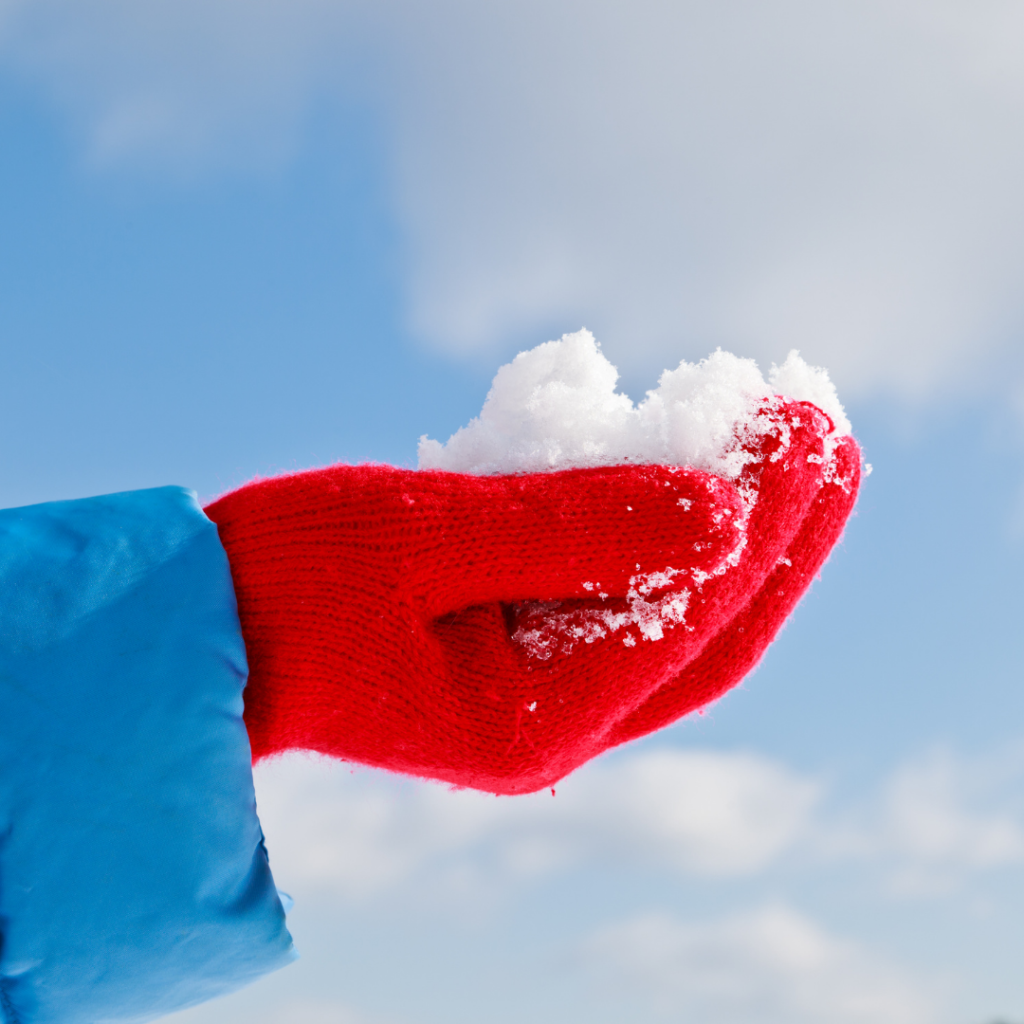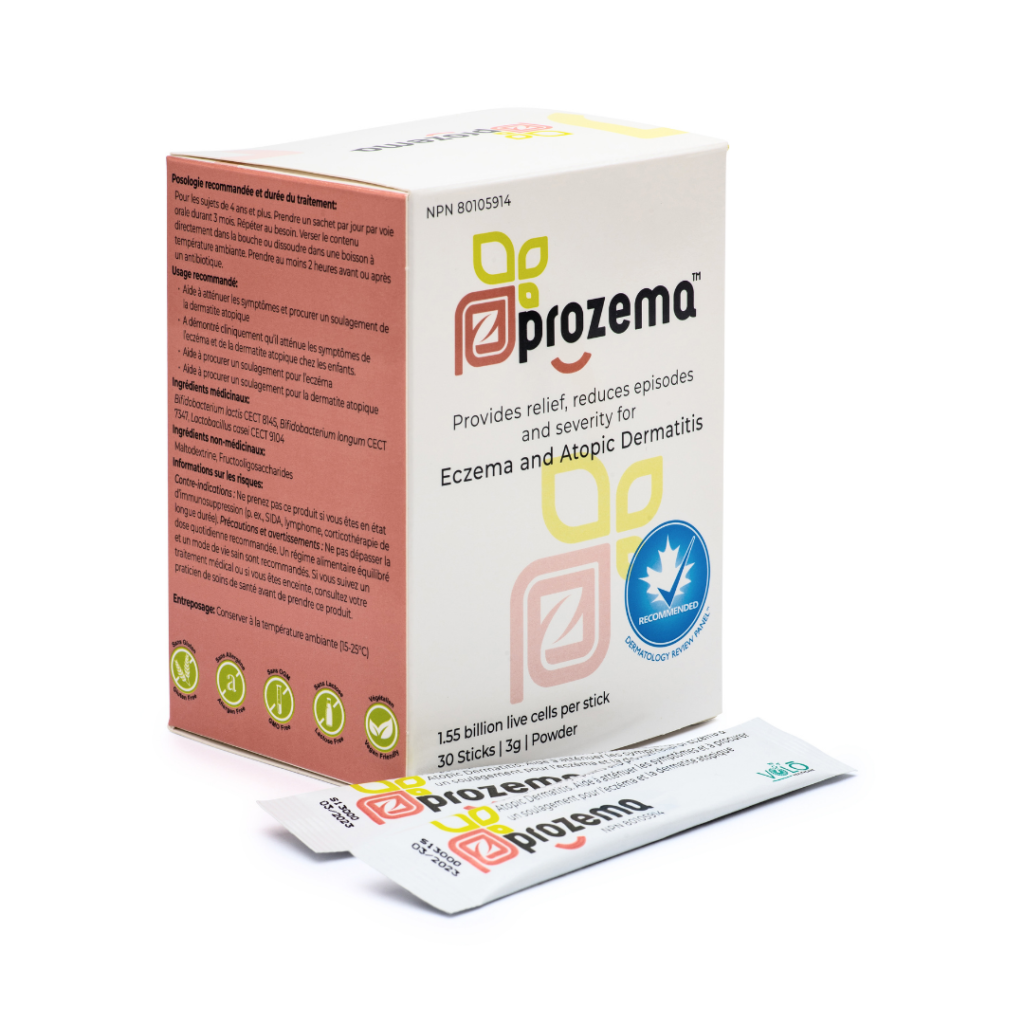
Winter Eczema On Hands
Winter’s harsh cold does indeed affect eczema on your hands. The rough winds of this season can cause intense cracking and dryness. Ensuring the use of winter gloves can limit the coarse winter effects and protect your skin.
It is important to avoid sudden temperature changes to protect your skin. Using a thick, unscented cream to keep your skin moisturized is always a good idea during the cold, winter months. An important thing to keep in mind for minimizing winter eczema on hands is to wash with hands with a mild, unscented soap and lukewarm water that is not too hot.
Does Weather Affect Eczema?
As the seasons change, the change in weather does affect eczema. It’s not just the winter that can affect your eczema. In the spring, allergies can aggravate your eczema. In the summer, heat and sweating can irritate your skin leading to flare-ups.
Throughout the year, struggling with eczema typically means that your skin barrier just doesn’t work as well as the average persons. Moisture is difficult for your skin to hold, so your skin can get dried out and more irritated by heat, cold, humidity, wind, and other factors.
Apart from the weather, eczema may also be caused by:
- Skin irritants
- Infections
- Stress
Exposure to certain allergens, such as dust or pet dander.

Winter Eczema
In the winter, eczema flare-ups are more common. Flares up typically happen when your skin can not maintain its natural moisture. The weather and accompanying lifestyle changes during this season can worsen your eczema.
For example, your eczema can flare up due to continual movement between the heated indoors and the dry cold outdoors. Other things that are common during winter seasons that may cause flare ups including wearing lots of layers of clothing and taking hot showers or baths.
Hand Eczema Treatment
There are many possible reasons why eczema appears on the hands in the winter. For example, the hands can be affected by irritant or allergic contact dermatitis or even both simultaneously. Hand eczema treatment starts with proper hand hygiene.
Winter Eczema Natural Treatment
Any good treatment method for eczema has to follow a routine. In winter especially, it is super important to keep track of any triggers you could be having. Skip the hot baths and showers, and avoid bath products with unwanted added ingredients. These can dry out and irritate your skin further, and they may even potentially be a trigger, causing flare-ups.
In the winter, as you layer up, it’s a good idea to make a note of clothing materials as some types may cause skin irritation and even lead you to become overheated. Be mindful when shopping for high touch materials like clothing and bed sheets, and ensure they are made from breathable materials.
In the winter eczema natural treatments can include wearing natural, breathable fabrics as layers. Natural skincare and bath products can also be a part of your eczema treatment regimen in the winter.

ProZema Probiotic
Natural treatments for eczema now include probiotics that you can take with your meals. ProZema Probiotic is a probiotic blend containing 3 ingredients specifically chosen and proven to limit symptoms of eczema and decrease the need for corticosteroids. ProZema Probiotic is approved for use for children and adults over the age of 4. The dosage is one 3 gram sachet a day. This can be mixed in your choice of cold or room temperature drink or foods including cereal or applesauce.
References:
Johnson & Johnson: Winter Skin Know-How: Why Do Psoriasis and Eczema Flare Up in Winter?
Medical News Today: Ten Tips to Prevent Eczema Flares in Winter
Healthline: 7 Treatments for Winter Eczema Flare-Ups
Johns Hopkins Medicine: Managing Eczema in Winter and Year Round: a Parents Guide
Cleveland Clinic: How to Prevent Eczema in Winter
